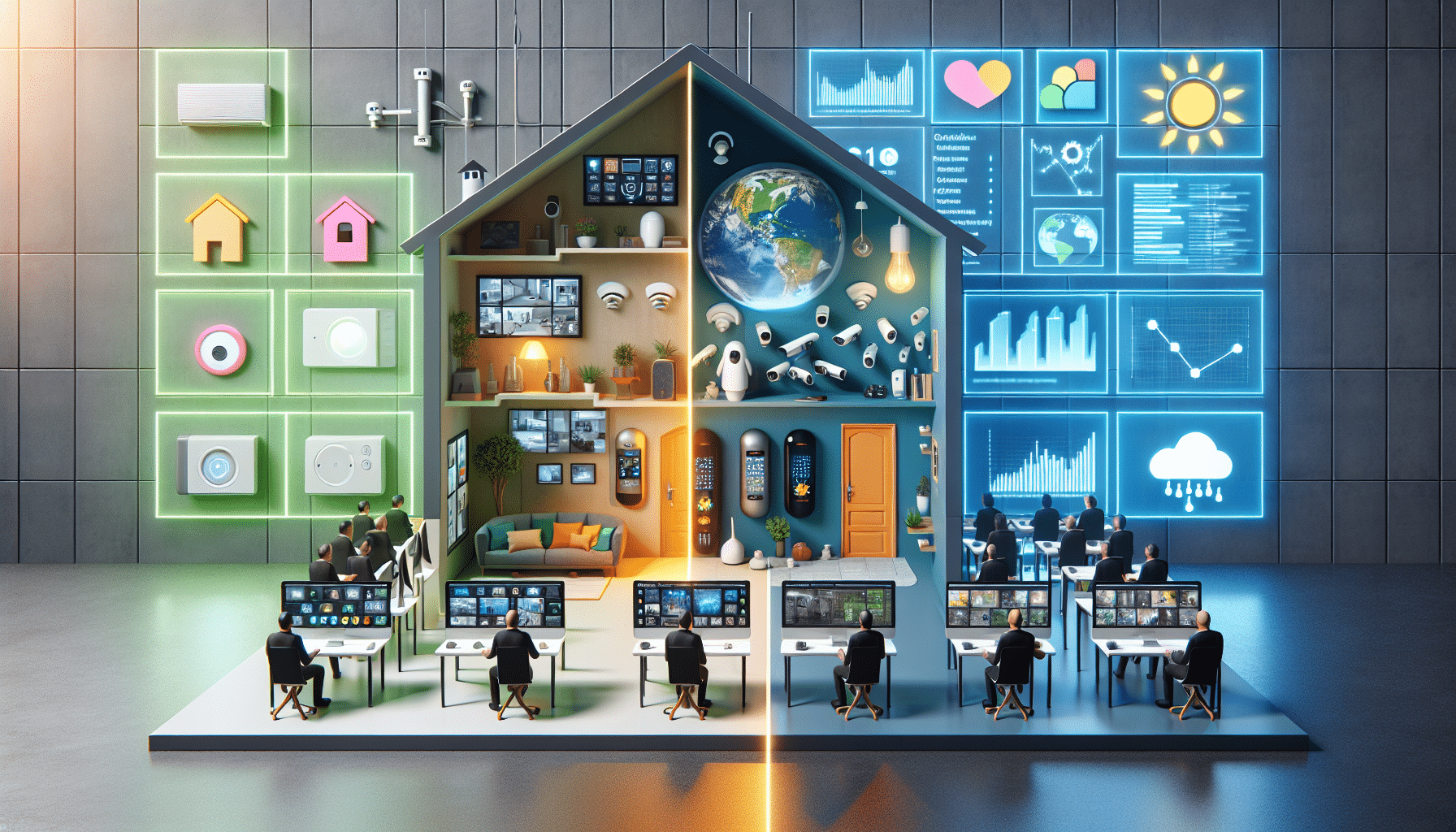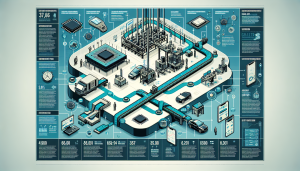Smart Homes or Surveillance Hubs?
The Debate Between Smart Homes and Surveillance Hubs: Which One is Right for You?
The concept of a “smart” home has become increasingly popular in recent years. With the rise of technology and the desire for convenience, many homeowners are opting to integrate smart devices and systems into their homes. However, with this increased connectivity and convenience comes the concern of privacy and surveillance. This has sparked a debate between those who advocate for smart homes and those who argue for surveillance hubs. In this article, we will explore the benefits and drawbacks of each option to help you decide which one is the best fit for your home.
Smart Homes: The Advantages
Smart homes are equipped with a variety of devices such as voice-activated assistants, automated lighting and thermostat systems, smart security systems, and more. These devices are designed to make life easier and more convenient for homeowners. With the ability to control your home’s functions remotely through a smartphone or voice command, smart homes offer a level of convenience unmatched by traditional homes. They also provide added security and energy efficiency.
For example, a smart security system allows you to monitor your home and receive alerts in case of any suspicious activity, giving you peace of mind even when you are away. Similarly, an automated thermostat system can adjust the temperature according to your preferences and save energy, ultimately reducing your utility bills.
The Downsides of Smart Homes
While the convenience and added security of smart homes may seem appealing, there are some downsides to consider. As these devices are connected to the internet, they are susceptible to hacking, putting your personal information and privacy at risk. Additionally, the high-tech features of smart homes come with a hefty price tag, making it a less feasible option for some homeowners. Moreover, these devices require a stable internet connection to function correctly, and any network interruptions can disrupt their performance.
Surveillance Hubs: The Pros
On the other hand, surveillance hubs are focused solely on security. These systems include cameras, alarms, and sensors that monitor and record any activity within and around your home. With surveillance hubs, you can rely on constant surveillance and protect your home from potential intruders. You can also choose to install additional features, such as motion sensors and flood sensors, to monitor any anomalies and notify you immediately.
In addition, surveillance hubs tend to be more cost-effective than smart homes, making them a suitable option for budget-conscious homeowners. They provide simple and straightforward security solutions without any high-tech features that can be vulnerable to cyber attacks.
The Cons of Surveillance Hubs
While surveillance hubs offer optimal security, they lack the convenience and connectivity of smart homes. You cannot control the functions of your home remotely, and the system relies on power and Wi-Fi connections to operate effectively. Moreover, surveillance hubs can be intrusive, and the constant monitoring may be a concern for some homeowners.
Which One is Right for You?
Ultimately, the decision between a smart home and a surveillance hub depends on your personal preferences and needs. If convenience and connectivity are your top priorities, then a smart home may be the best option for you. However, if you prioritize security and want a more budget-friendly solution, a surveillance hub may be a better fit.
Regardless of which option you choose, it is essential to do thorough research and invest in reliable and reputable devices and systems. This will ensure the safety and privacy of your home and loved ones.
In Conclusion
Smart homes and surveillance hubs both have their advantages and disadvantages. While smart homes offer convenience and added features, surveillance hubs prioritize security and cost-effectiveness. As technology continues to advance, it is essential to weigh the pros and cons and choose the option that aligns with your priorities and needs. After all, your home should be a place where you feel safe and comfortable.










